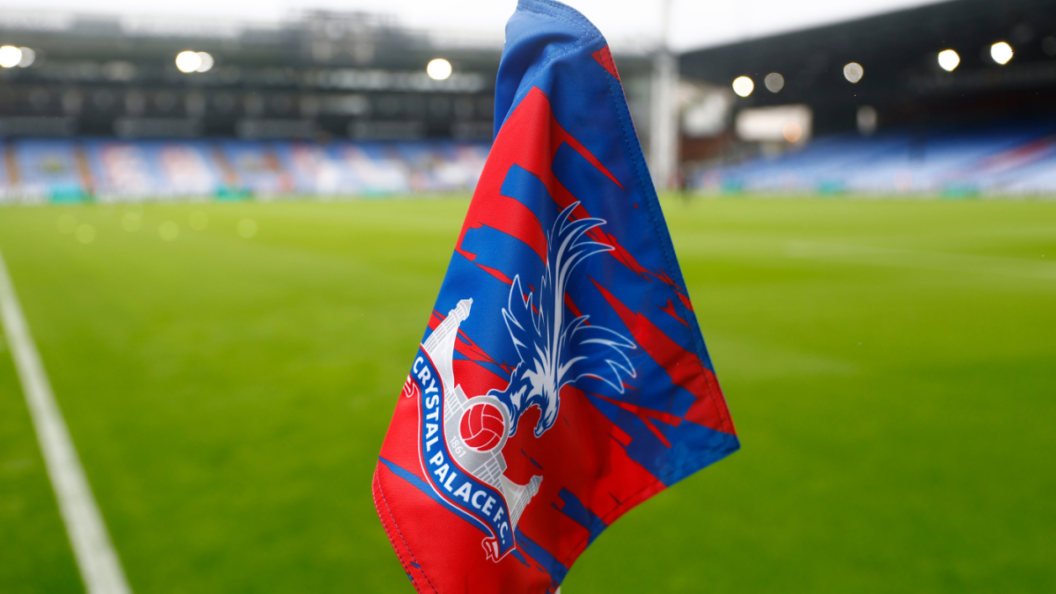Crystal Palace Relegated to Conference League Following Ownership Breaches
Crystal Palace Football Club has faced significant repercussions as UEFA has officially demoted the team to the Conference League due to violations of multi-club ownership regulations. This decision, made by UEFA’s Club Financial Control Body (CFCB), underscores the governing body’s strict stance on ownership structures, particularly when two clubs under common ownership compete in the same tournament.
Background of the Situation
Crystal Palace was owned largely by Eagle Football, an investment entity headed by American businessman John Textor. Textor’s ownership also extends to Olympique Lyonnais, a prominent French club recently involved in its own ownership dispute following an appeal that successfully overturned a relegation decision in Ligue 1. This situation raises questions, as UEFA regulations specify that one entity cannot own multiple clubs competing in the same European competition, partially to prevent conflicts of interest and ensure fair play.
Initially, Crystal Palace anticipated that their first major silverware, the FA Cup, could secure them a Europa League spot. Their hopes appeared viable as they progressed to crucial matches, including encounters with teams like Fulham and Manchester City. However, following the breach ruling, Nottingham Forest, who finished seventh in the Premier League, is now poised to assume the Europa League position that Palace has lost.
Details of the Ruling
Despite Palace’s claims that Textor does not exert considerable control over the club, the CFCB concluded otherwise. Additionally, the Eagles missed a crucial deadline on March 1 to demonstrate compliance with the restructuring necessary to align with multi-club ownership regulations. At that time, the team was contending with a mid-table position in the Premier League and was advancing in the FA Cup.
This ruling could have far-reaching consequences for Crystal Palace. Textor is reportedly in negotiations to sell his stake to Woody Johnson, the owner of the New York Jets, yet this deal remains unapproved by the Premier League, adding to the uncertainty surrounding the club’s future governance and competitiveness.
Implications of the Decision
The CFCB’s ruling highlights the growing scrutiny on multi-club ownership models in European football, an increasingly contentious topic. Critics argue that such structures create unfair advantages, while proponents assert they can foster greater investment and development of clubs.
Nottingham Forest, now likely to benefit from Palace’s relegation, will reflect the shifting dynamics within the league and highlight how quickly fortunes can change in football. The ruling could also set a precedent, prompting other clubs with similar ownership structures to reassess their own compliance with UEFA regulations.
Conclusion
The demotion of Crystal Palace serves as a reminder of the rigid enforcement of governance in football. The club’s immediate future hangs in the balance, as it grapples with potential changes in ownership and its path forward in domestic and European competitions. The decision not only affects Palace but may influence wider discussions regarding ownership structures and regulations in the beautiful game.
As this situation evolves, it will be crucial for all stakeholders in the football community to observe the implications of this ruling, as similar cases may arise, reshaping the landscape of club ownership and competition in Europe.









